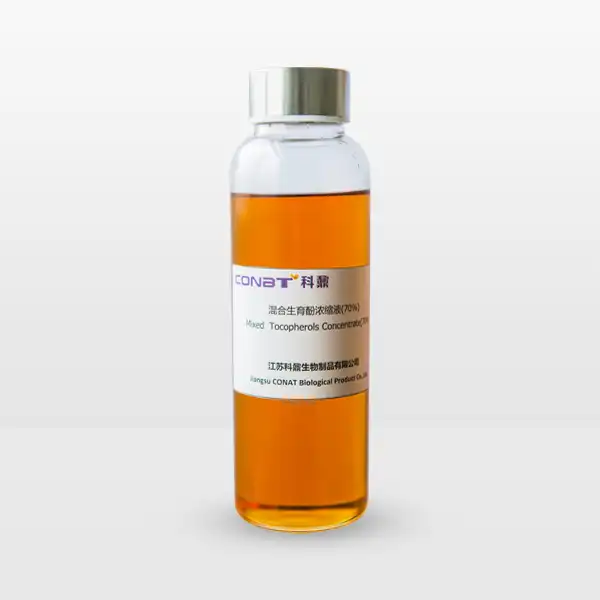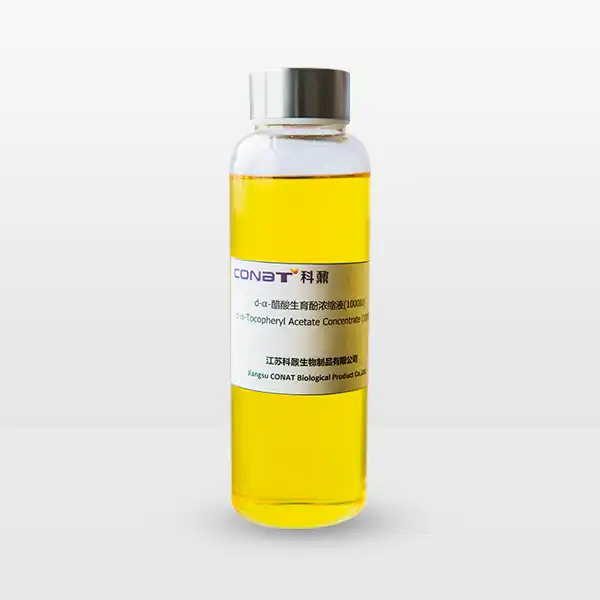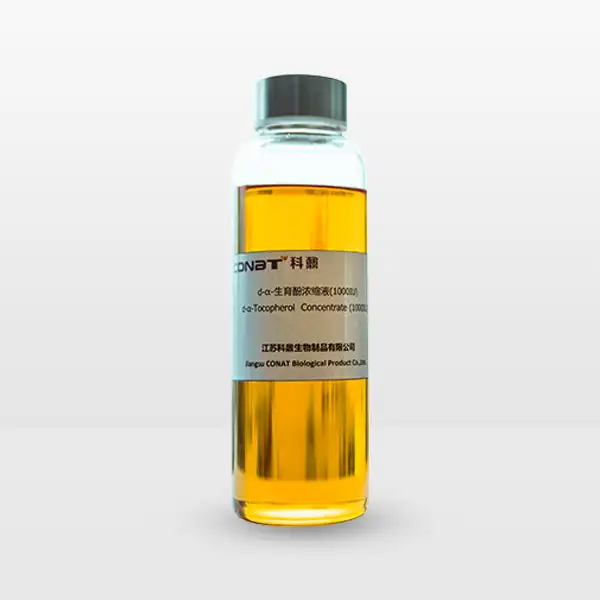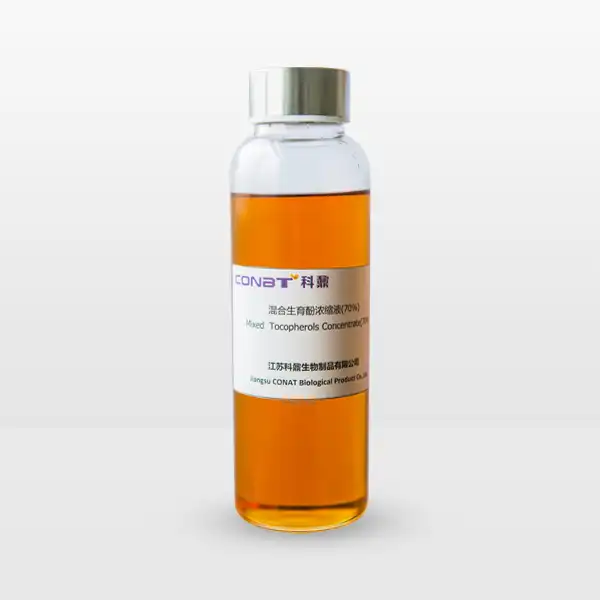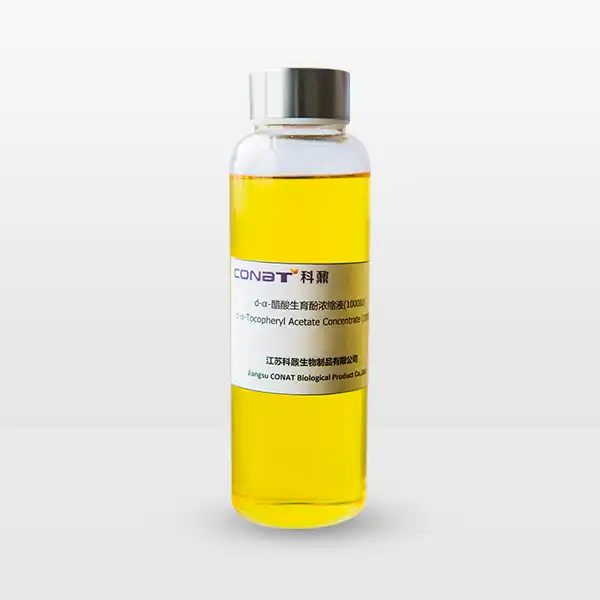- English
- French
- German
- Portuguese
- Spanish
- Russian
- Japanese
- Korean
- Arabic
- Greek
- German
- Turkish
- Italian
- Danish
- Romanian
- Indonesian
- Czech
- Afrikaans
- Swedish
- Polish
- Basque
- Catalan
- Esperanto
- Hindi
- Lao
- Albanian
- Amharic
- Armenian
- Azerbaijani
- Belarusian
- Bengali
- Bosnian
- Bulgarian
- Cebuano
- Chichewa
- Corsican
- Croatian
- Dutch
- Estonian
- Filipino
- Finnish
- Frisian
- Galician
- Georgian
- Gujarati
- Haitian
- Hausa
- Hawaiian
- Hebrew
- Hmong
- Hungarian
- Icelandic
- Igbo
- Javanese
- Kannada
- Kazakh
- Khmer
- Kurdish
- Kyrgyz
- Latin
- Latvian
- Lithuanian
- Luxembou..
- Macedonian
- Malagasy
- Malay
- Malayalam
- Maltese
- Maori
- Marathi
- Mongolian
- Burmese
- Nepali
- Norwegian
- Pashto
- Persian
- Punjabi
- Serbian
- Sesotho
- Sinhala
- Slovak
- Slovenian
- Somali
- Samoan
- Scots Gaelic
- Shona
- Sindhi
- Sundanese
- Swahili
- Tajik
- Tamil
- Telugu
- Thai
- Ukrainian
- Urdu
- Uzbek
- Vietnamese
- Welsh
- Xhosa
- Yiddish
- Yoruba
- Zulu
What is vitamin E tocopherol good for?
Vitamin E Tocopherol Complex serves as a robust antioxidant, playing an essential part in preserving health and well-being. Vitamin E Tocopherol is celebrated for its extensive benefits, which encompass everything from skin nourishment to immune system support. We will specifically examine its diverse uses and the positive impact it can have on various aspects of health.
The Importance of Vitamin E Tocopherol
Vitamin E Tocopherol is a powerful antioxidant that has earned its reputation for neutralizing free radicals in the body. These unstable molecules can cause oxidative stress if not controlled, potentially leading to a variety of chronic diseases, including heart disease and cancer. By combating oxidative stress, Vitamin E Tocopherol helps protect against these serious health conditions. By countering the effects of free radicals, Vitamin E Tocopherol safeguards cellular integrity and fosters overall health.
Nurturing Skin Health: Among its many benefits, Vitamin E Tocopherol is celebrated for its positive influence on skin health. It contributes to maintaining the skin's hydration and firmness, which is why it's a key ingredient in many cosmetic products.
Vitamin E tocopherol is also known to reduce the appearance of scars and fine lines, enhancing skin texture and tone. Vitamin E Tocopherol contributes to a healthy immune system by supporting the function of white blood cells, which are essential for fighting off infections. Moreover, it is recognized for diminishing the visibility of scars and fine lines, thereby refining skin texture and enhancing its appearance.
Boosting Immune System: The immune system is a critical defense mechanism against infections and diseases. Vitamin E Tocopherol Complex contributes significantly to immune health by supporting the generation of immune cells. This is particularly beneficial as our immune responses tend to diminish with age. Consistent consumption of Vitamin E Tocopherol can strengthen the immune system, thereby decreasing susceptibility to infections. Beyond its neurological benefits, Vitamin E Tocopherol contributes to a robust immune system by fostering the production of immune cells, enhancing the body's defense against infections . It plays a role in the healing process of wounds and maintains healthy skin and eyes, which is why it's a prevalent ingredient in skincare products .Vitamin E Tocopherol has been shown to have anti-cancer properties and can decelerate bone resorption activity, thereby reducing bone loss .
To harness the full range of benefits offered by Vitamin E Tocopherol Complex , it is advisable to include it in your diet or consider supplementation. However, it is prudent to consult a healthcare professional to determine the optimal dosage tailored to individual health needs, as excessive intake may lead to adverse effects. Given its wide range of health benefits, ensuring adequate intake of Vitamin E Tocopherol through diet or supplementation is essential for overall health. However, it's important to note that excessive intake can lead to side effects, so it's best to consult with a healthcare provider to determine the appropriate amount for individual needs.
Health Benefits of Tocopherol Complex
Heart Health: Vitamin E tocopherol is often associated with cardiovascular health. Research suggests that it can help lower the risk of heart disease by improving blood circulation and reducing the oxidation of LDL cholesterol. The tocopherol complex, comprising different forms of vitamin E, works synergistically to support heart health. This complex not only provides antioxidant protection but also helps maintain healthy blood vessels. Vitamin E compounds improve skin moisture and elasticity, making them popular in youth serums, eye creams, and body lotions. They have protective and healing effects, hydrating the skin and reducing environmental damage .
Brain Health: The brain is highly susceptible to oxidative stress, making antioxidants like vitamin E tocopherol essential for cognitive health. Studies have shown that adequate vitamin E intake may help reduce the risk of cognitive decline and neurodegenerative diseases such as Alzheimer’s. By protecting brain cells from oxidative damage, tocopherol complex supports overall brain function and mental clarity. Tocopherol's anti-inflammatory and antioxidant effects support brain health and fight neurodegenerative diseases. A study found that alpha-tocopherol slowed functional decline in patients with mild to moderate Alzheimer's disease .
Eye Health: Vitamin E tocopherol plays a crucial role in maintaining eye health. It is known to reduce the risk of age-related macular degeneration (AMD) and cataracts. The antioxidant properties of tocopherol help protect the eyes from oxidative damage caused by sunlight and environmental factors. By incorporating vitamin E tocopherol into your diet, you can support your vision and overall eye health. Vitamin E may reduce the risk of developing age-related macular degeneration, a common cause of blindness. It is most effective for boosting eye health when combined with other nutrients like vitamin C, beta-carotene, and zinc .
It's important to note that while Vitamin E is beneficial, excessive intake can have adverse effects. High doses, exceeding 1,000 milligrams per day for adults, may have pro-oxidant effects and are not recommended . Always consult with a healthcare provider to determine the appropriate amount for individual needs.
Conclusion
Vitamin E tocopherol is a remarkable nutrient with a wide range of health benefits. From its powerful antioxidant properties to its role in supporting skin, immune, heart, brain, and eye health, this vitamin is a vital component of a balanced diet. The tocopherol complex enhances these benefits, making it a valuable addition to any health regimen. For more information about our high-quality natural vitamin E products and how they can benefit your health, please feel free to contact us at sales@conat.cn.
References
-
Traber, M. G., & Atkinson, J. (2007). Vitamin E, antioxidant and nothing more. Free Radical Biology and Medicine.
-
McCarty, M. F., & Barroso-Aranda, J. (2002). The protective role of vitamin E in the prevention of chronic disease. Nutrition Research Reviews.
-
Miller, E. R., & Van Horn, L. (1993). Vitamin E and heart disease. American Journal of Clinical Nutrition.
-
Amusquivar, E., & Almaraz, A. (2007). The role of vitamin E in cognitive health: A review. Nutrition and Aging.
-
Bysted, A., & Sørensen, I. (2010). The role of vitamin E in eye health. Food & Function.
-
Rimbach, G., & Minihane, A. M. (2010). Vitamin E and the prevention of age-related diseases: A review. Nutrition and Aging.
YOU MAY LIKE
